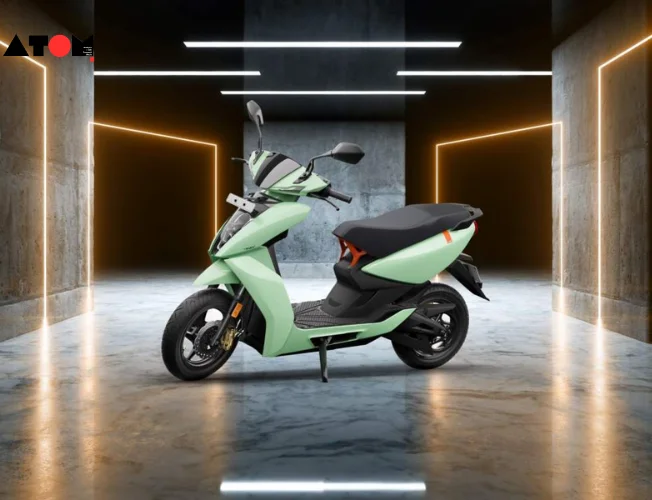In a recent interview with Reuters, Tarun Mehta, the CEO of Ather Energy, emphasized the necessity of maintaining subsidies for electric scooters in India to facilitate the transition from conventional motorbikes. Mehta highlighted the crucial role of subsidies in achieving India’s ambitious target of electrifying 70% of its two-wheeler fleet by 2030, as the country aims to reduce its reliance on fossil fuels.
Subsidies Vital for Accelerating Adoption
According to industry experts, subsidies, including cash incentives, play a pivotal role in driving the widespread adoption of electric scooters in India. These incentives are essential for incentivizing consumers to make the switch from traditional petrol-powered vehicles to environmentally friendly electric alternatives. Mehta underscored the importance of continued government support through subsidies to sustain the momentum of growth in the e-scooter market.
Impact of Reduced Subsidies
Mehta expressed concern over the adverse impact of the government’s decision in May to slash cash incentives for e-scooters from 40% to a maximum of 15% of the purchase price before tax. This reduction in subsidies has led to a slowdown in the pace of growth in the e-scooter segment, resulting in approximately a year’s worth of lost growth opportunities for the industry.
Market Dynamics and Competition
Despite the challenges posed by reduced subsidies, India’s e-scooter market is witnessing steady growth, accounting for 5% of total two-wheeler sales in fiscal year 2023-2024. Ather Energy, one of the pioneers in driving e-scooter adoption with its 450 series launched in 2018, faces stiff competition from larger rivals such as Ola Electric and TVS Motor. The competitive landscape has been further intensified by aggressive discounting strategies employed by these rivals to boost sales.
Introduction of Rizta E-Scooter
In a strategic move to expand its market presence and appeal to a broader customer base, Ather Energy unveiled its latest offering, the “Rizta” e-scooter. Priced at 109,999 rupees ($1,321), the Rizta boasts family-friendly features such as a larger seat and increased storage space compared to its competitors. Mehta is optimistic about the Rizta’s potential to attract a diverse range of buyers, particularly in India’s densely populated north and west regions, thereby driving sales growth for the company.
Focus on Growth and Profitability
Despite facing losses, Ather Energy remains focused on achieving top-line growth and improving its profit margins. Mehta emphasized the importance of increasing sales volumes to enhance profitability, highlighting the need for continued innovation and market expansion. While the company is yet to achieve breakeven, Mehta expressed confidence in the positive trajectory of margins at a unit level, buoyed by the introduction of the Rizta e-scooter.
In summary, Ather Energy’s CEO underscores the critical role of subsidies in accelerating the adoption of e-scooters in India, while also outlining the company’s strategic initiatives to drive growth and profitability in a competitive market landscape.
Read more: Marketing News, Advertising News, PR and Finance News, Digital News





